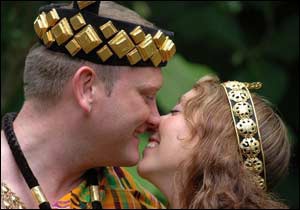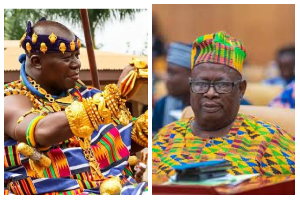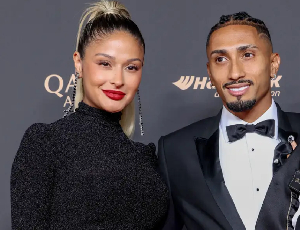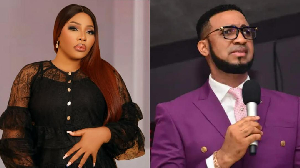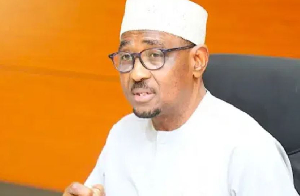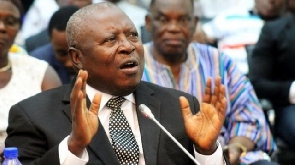Let me begin by stating that I am not a fan of chieftancy. To those of you who cherish the institution, I have a question for you.
I have nothing against ceremonial chiefs or the festivals and rich cultural heritage that our chiefs oversee. These are important functions. My problem is with chiefs who control the resources of the land.
Most of our chiefs, especially the powerful ones, derive their power from the "might is right" conduct or military exploits of their forefathers. I have other questions but my MAIN question is: why are we willing to accept these chiefs but are unwilling to accept a dictator or president for life, for example J.J. Rawlings, who also came to power through the SAME "might is right" route: the power of the gun? Is it because chieftancy is part of our culture but the nation of Ghana was never part of our culture? And therefore, if we have been forced as a collection of ‘tribes’ to live in Ghana, we cannot accept a national dictator? So to appease all the tribes we need some sort of rotation of leaders at the national level but not at the "tribal" or ethnic level?
Or you think chieftancy has thrived because our leaders at the national level have failed us? Have chiefs performed any better? Are we willing to accept a national dictator for life so long as that dictator governs well? If so, how do we determine whether the dictator has governed well without going to the polls? On his death bed, can this national dictator hand over power to his son or nephew? With all their imperfections, periodic elections, when the incumbent is still fit and alive, are necessary social evils.
Some will argue that chieftancy is democratic. They will argue that there are king makers and the chief consults elders before making decisions. For example, in the Akan tradition, they will argue that the chief sits in council with the heads of the various clans (i.e., abusuapanins) who occupy positions like Krontihene, Kyidom Gyaase, Ankobea, Nsafoa, Sanaa, etc. However, I submit that chieftancy is less democratic than our form of national democracy. Women, regardless of their age, cannot be chiefs and only privileged groups, through BLOODLINE, have the opportunity. I agree that our form of democracy has its own imperfections: http://www.uoguelph.ca/~jamegash/Institutions%20and%20Growth.pdf. But that does not, in my view, justify chieftancy.
I am not a fan of dictators. I am against any form of dictatorship at the national level. However, let us find some semblance of internal consistency in our souls as a nation. We cannot accept one form of leadership at a very important level of governance based retroactively on “might is right” - the operative expression being “very important level of governance” - but reject another. Chieftancy is not going away anytime soon. However, I hope I have stirred a few minds out there.

